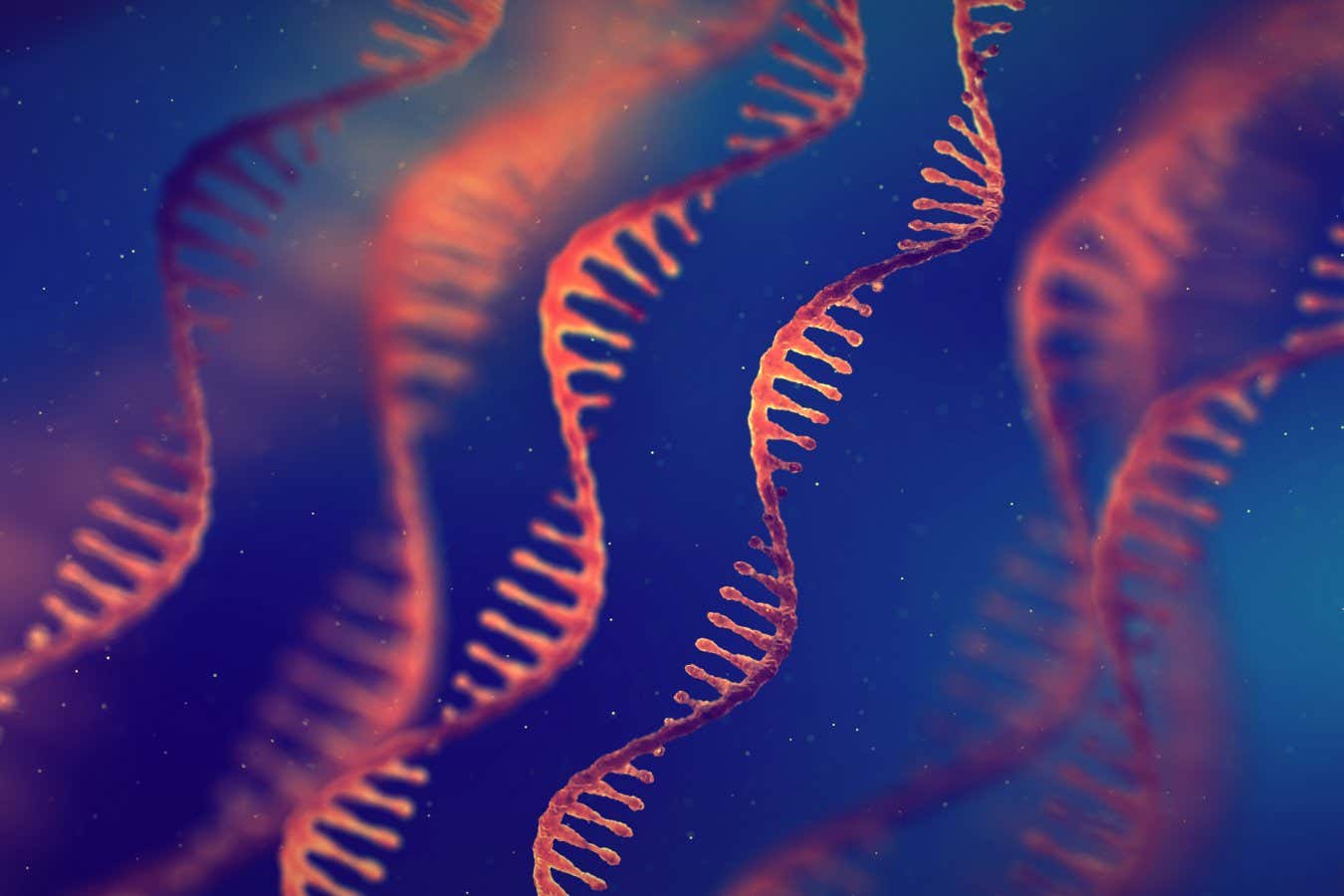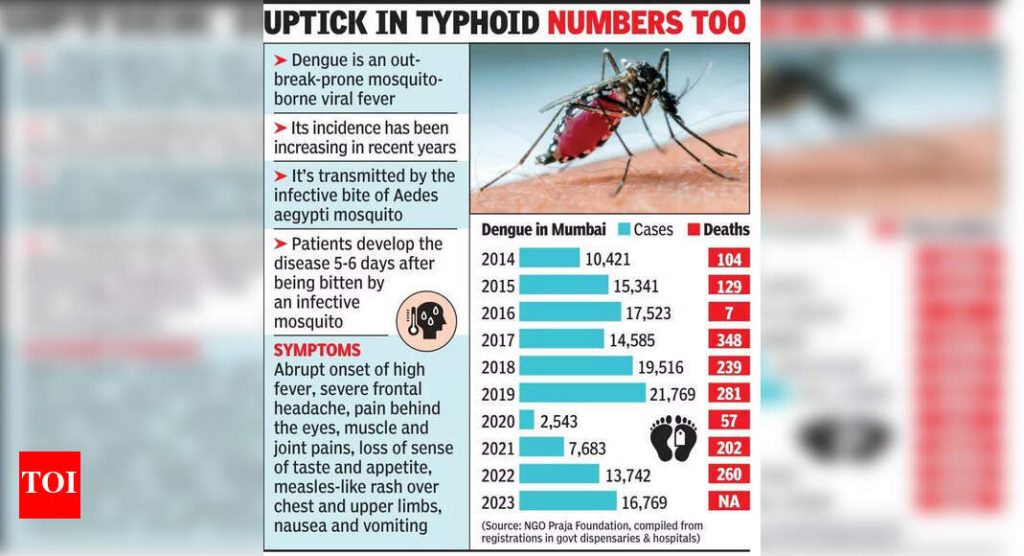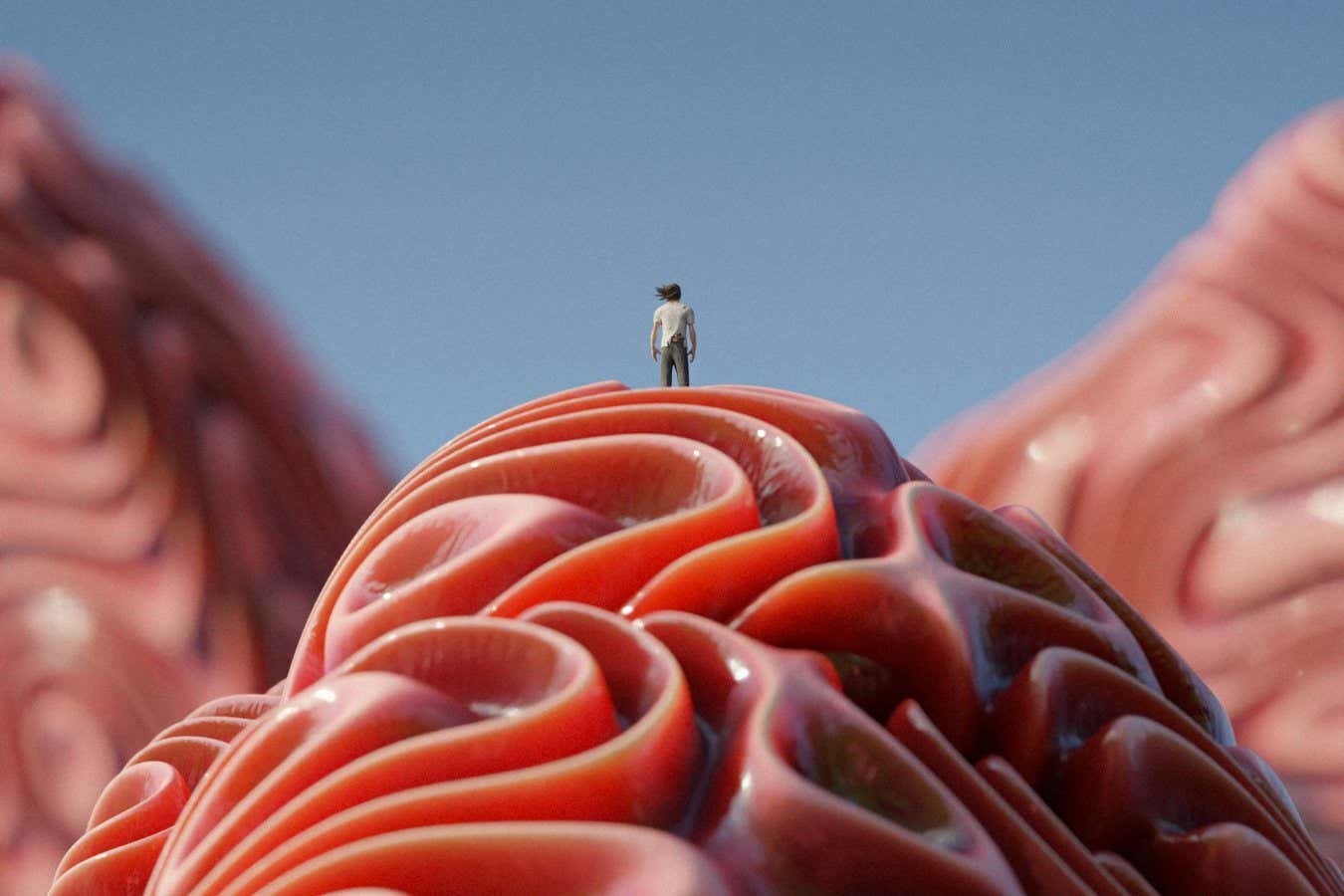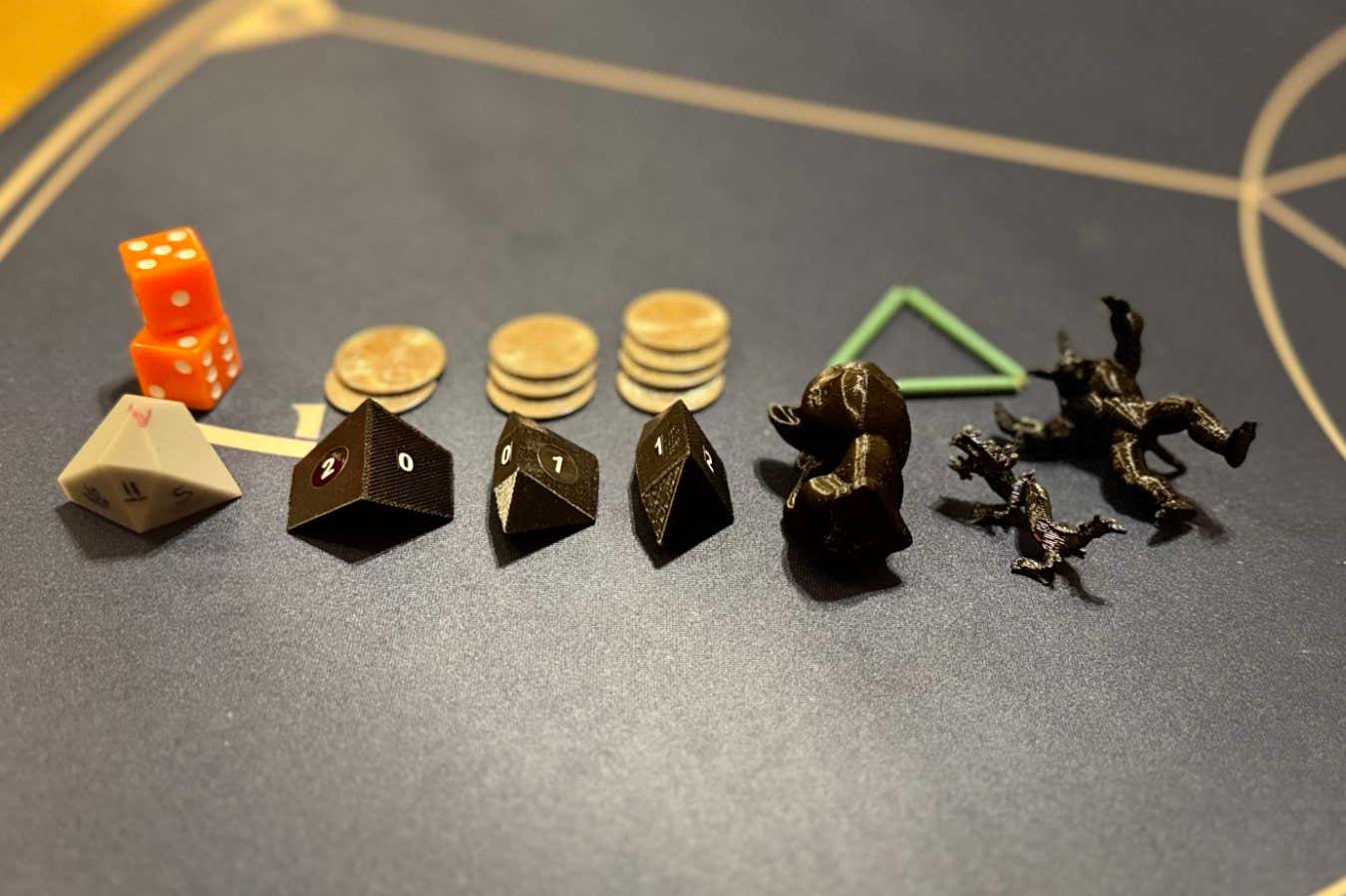Life
Life is thought to have begun when RNA began replicating itself, and researchers have got close to achieving this in the lab

RNA is thought to have played a key role in life getting started
Shutterstock/nobeastsofierce
The goal of understanding how inert molecules gave rise to life is one step closer, according to researchers who have created a system of RNA molecules that can partly replicate itself. They say it should one day be possible to achieve complete self-replication for the first time.
RNA is a key molecule when it comes to the origins of life, as it can both store information like DNA and catalyse reactions like proteins. While it isn’t as effective as either of these, the fact that it can do both means many researchers believe life began with RNA molecules that were capable of replicating themselves. “This was the molecule that ran biology,” says James Attwater at University College London.
But creating self-replicating RNA molecules has proved difficult. RNA can form double helices like DNA and can be copied in the same way, by splitting a double helix in two and adding RNA letters to each strand to create two identical helices. The problem is that RNA double helices stick together so strongly that it is hard to keep the strands separate for long enough to allow replication.
Now, Attwater and his colleagues have found that sets of three RNA letters – triplets – bind strongly enough to each strand to prevent this rezipping. Three is the sweet spot, says Attwater, as longer sets are likely to introduce errors. So, in the team’s system, an RNA enzyme in double-helix form is mixed with triplets.
The solution is made acidic and warmed to 80°C (176°F) to separate the helix, allowing the triplets to pair up and form the “rungs” of the double helix. The solution is then made alkaline and cooled to -7°C (19°F). As the water freezes, the remaining liquid becomes highly concentrated and the RNA enzyme becomes active and joins up the triplets, forming a new strand.
So far, the researchers have only been able to replicate up to 30 letters of the 180-letter-long RNA enzyme, but they think that by improving the efficiency of the enzyme, they can achieve complete replication.
Attwater says this “very simple molecule system” has some intriguing properties. One is the possible link between the triplet RNA letters and the triplet code used to specify the sequence of proteins in cells today. “There might be a relationship between how biology used to copy its RNA and how biology uses RNA today,” he says.
What’s more, the team found the triplets most likely to be involved in natural replication in the past are those that bind most strongly. The first genetic code is thought to have consisted of this set of triplets – another intriguing link.
The researchers think the kind of conditions needed to drive this process could occur naturally. As it requires freshwater, it is most likely to have happened on land, perhaps in some geothermal system.
“The ingredients can be found on the Earth today – Iceland hot springs can have mixed pHs, including some as acidic as those we use,” says Attwater.
“RNA nucleotide triplets serve very specific informatic functions in translation in all cells,” says Zachary Adam at the University of Wisconsin-Madison, meaning they are used to convey information. “This paper is interesting because it might point to a purely chemical role – a non-informatic function – for RNA nucleotide triplets that they could have served prior to the emergence of a living cell.”
Topics:























